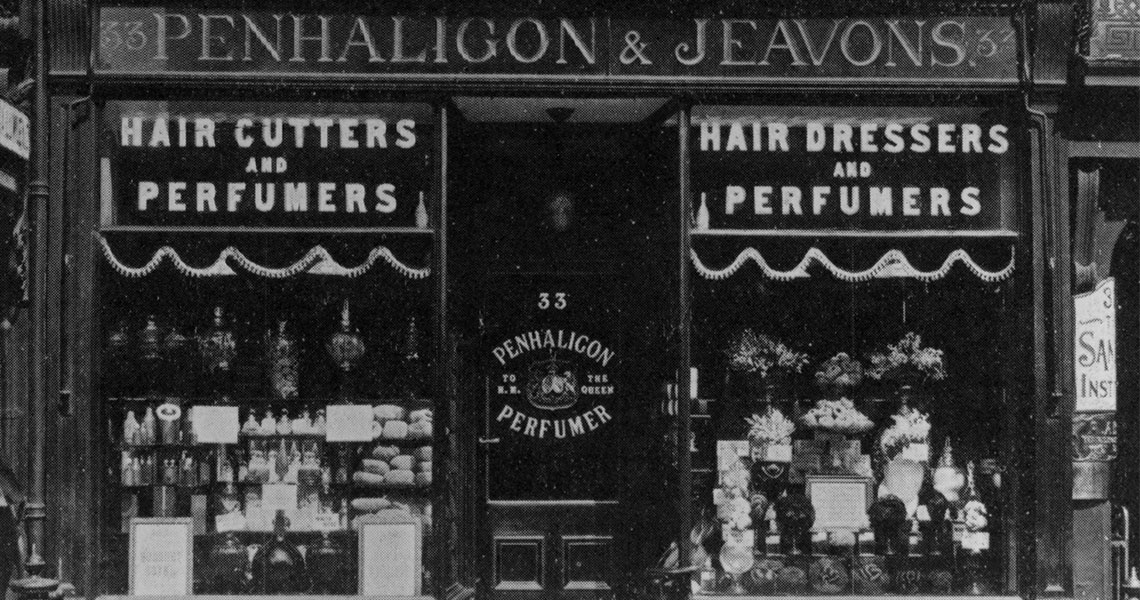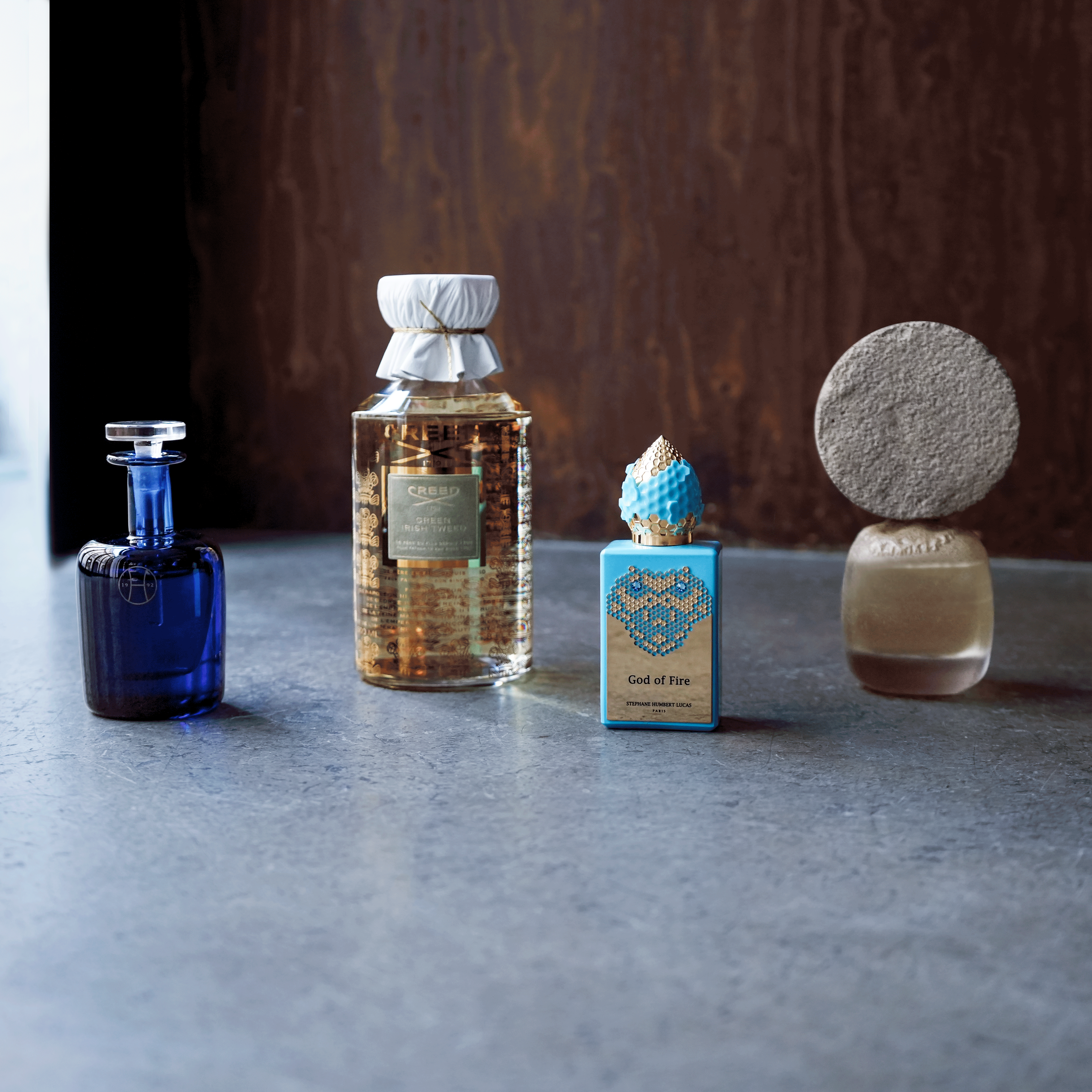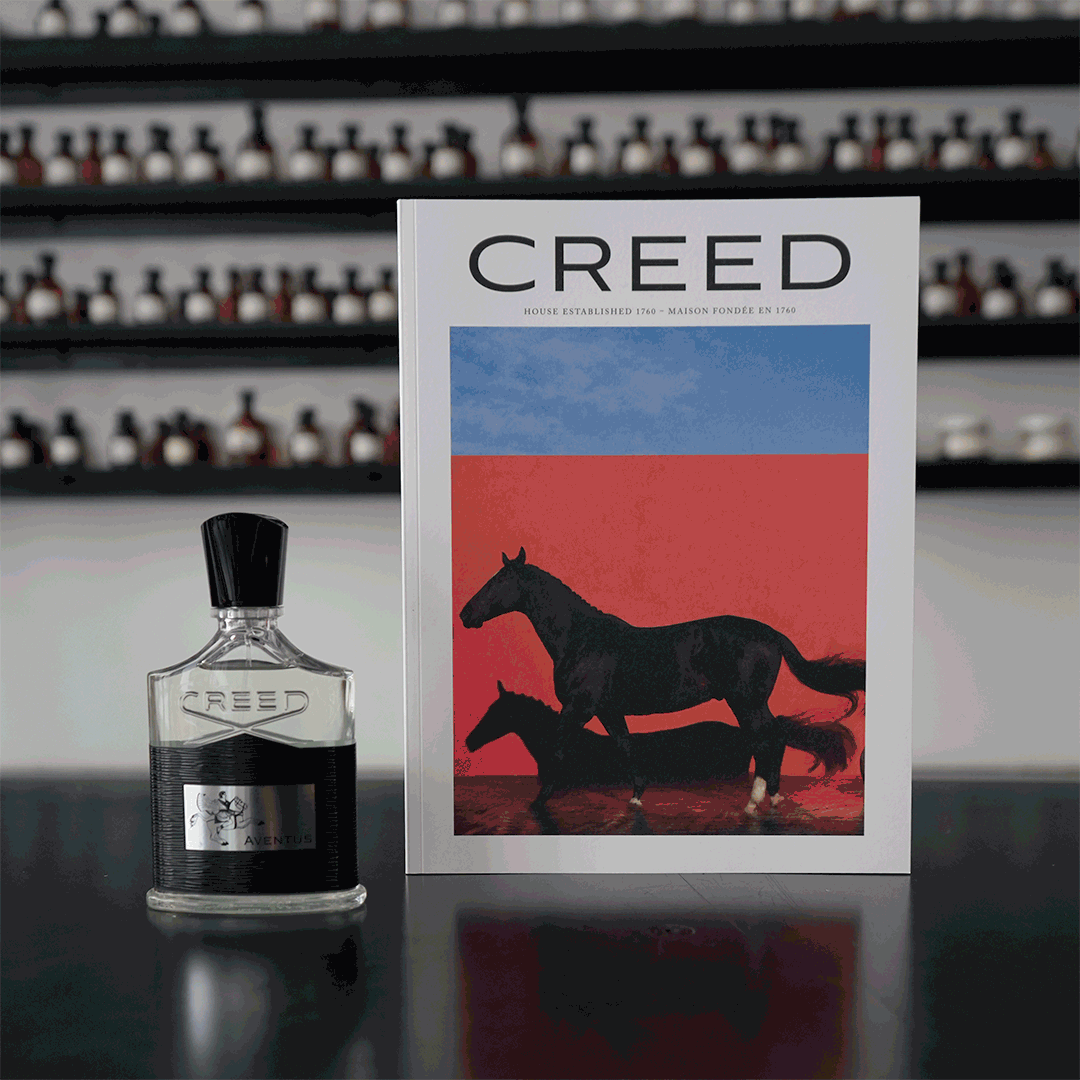
the largest multi-brand beauty store in France
+800 fragrances from +80 brands including :
recommended in more +60 city guide
You have a question? Please consult the Frequent Asqued Questions (FAQ).
If you don't find your answer, please contact us:
by email: info@noseparis.com
by phone: +33 1 86 47 72 76
Nose ship perfume by international airfreight and by La Poste for the services Colissimo Expert and Chronopost Classic to more than 75 countries.
To know more, please consult the Frequent Asked Questions (FAQ)
To know more about returns and refunds, please consult Terms and Conditions of Sales, section 6 Right to and period of withdrawal.
Nose proposes an olfactive diagnosis where 5 perfumes will be proposed among a list of 500 curated ones.
Do the diagnosisNose proposes an olfactive diagnosis where 5 perfumes will be proposed among a list of 500 curated ones.
Do the diagnosis| families | woody , citrus |
|---|---|
| head notes | angelica, cinnamon, juniper, orange |
| heart notes | black pepper, cardamom, leather, orris wood |
| base notes | ambrox, cherry, musk, sugar, vetiver |
Juniper Sling is a bath of vitality. The ideal fragrance to bring freshness to hot summer evenings. A unisex fragrance where black pepper first surprises the nostrils as lemon would in the mouth. The juniper comes to aromatize the spicy effect, to end up with a slightly sweet fragrance, full of tranquility.
A woody eau de toilette with sparkling top notes reminiscent of gin and tonic, contrasted by the roundness of a musky base.
A loving tribute to "London Dry Gin" and the British dandy spirit, this fragrance is built entirely around juniper berry, a major ingredient in the famous spirit, and is dressed up with cardamom, ginger and angelica. The nose Olivier Cresp benefited throughout the creation from the expertise of the mixologist of the Plazza Athénée Thierry Hernandez, to find in all its truth the euphoric sensation of a pure gin shot.


the largest multi-brand beauty store in France
+800 fragrances from +80 brands including :
recommended in more +60 city guide

+ 800 fragrances from +80 niche brands
but also home & cosmetics.
100% authentic products & official reseller

official French price for :
Creed, Maison Francis Kurkdjian, Kilian,
Marc Antoine Barrois…
VAT free for non European country

free express airplane delivery with DHL above
€167
all informations available here.

+200 gifts offered with purchase by over 50 brands!
Creed, Maison Francis Kurkdjian, Kilian, Diptyque,
Éditions de Parfums Frédéric Malle & much more
to discover here.